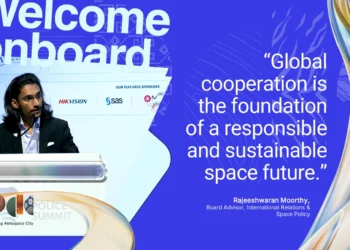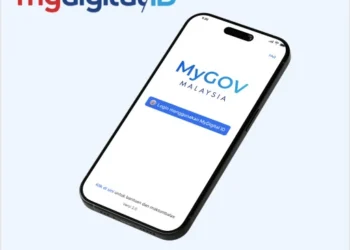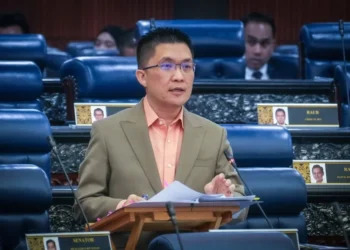Malaysians are bracing for charges as the government rolls out an expanded Sales and Service Tax (SST) framework beginning 1st July 2025, under the MADANI economic reforms. The move is aimed at boosting government revenue while trying to maximize the burden on essential goods and services.
Finance Minister II Datuk Seri Amir Hamzah Azizan said the additional revenue generated will be channeled into improving public services, expanding infrastructure, and enhancing direct aid to the people.
What Will Be Taxed
The updated SST introduces new 5% and 10% sales tax tiers for selected goods, especially luxury or non-essential items, while expanding the service tax scope from 6% to 8% across more industries.
Still 0% (No Charge)
Essentials remain untouched and will continue to be tax-free. These include:
- Local Fruits and Vegetables
- Chicken, Beef, Fish, Prawns
- Sugar, Cooking Oil and Rice
- Flour, Milk, Pasta, Noodles
- Medicines and Pet Food
- Book, Journals, Newspapers
- Construction materials (Cement, Sand, Stones)
- Farming equipment and fertilizers

5% Sales Tax Applies To:
- Seafood like King Crab, Salmon and Cod
- Truffle Mushrooms
- Imported Fruits
- Essential Oils
- Silk
- Industrial Machinery
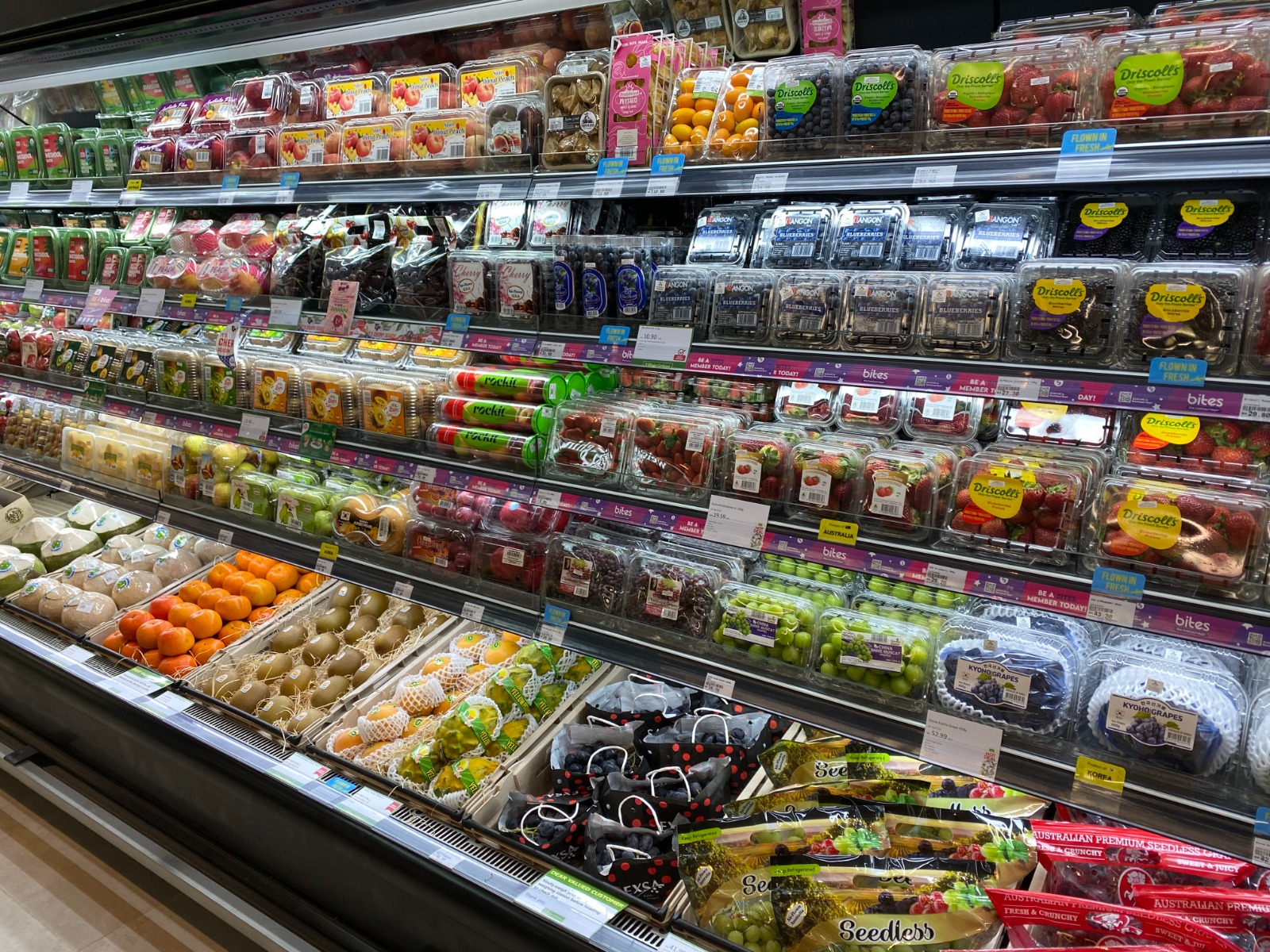
10% Sales Tax Applies To:
- Racing bicycles
- Antiques and hand printed artworks

Expanded Services Tax Breakdown:
8% Financial Service Tax
- Applies to fee-based or commission-based services (e.g . loan processing fees)
- Exemptions: Basic banking, Islamic financing, capital markets, foreign exchange gains, outwards remittances, Bursa Malaysia, Labuan entities, and B2B transactions

6% Construction Services Tax
- Applies to companies earning over RM1.5 million
- Exemptions: Residential and public housing projects, B2B transactions and 12-months grace period for existing contracts

6% Private Healthcare Tax
- Applies only to non-citizens receiving private healthcare in Malaysia
- Malaysians are fully exempt, including Malay, Chinese, Indian, Islamic medicine, homeopathy, chiropractic and allied health services like physiotherapy or speech therapy.

6% Private Education Tax
- Applies only to high-income private institutions: Preschools, primary, and secondary charging over RM60k per year
- Private higher education for International students
- Exemptions: Malaysians and persons with disabilities
8% Beauty Services Tax
- For businesses earning over RM500K annually, covering Facials, Hairdressings, Other Beauty and Aesthetic treatments.
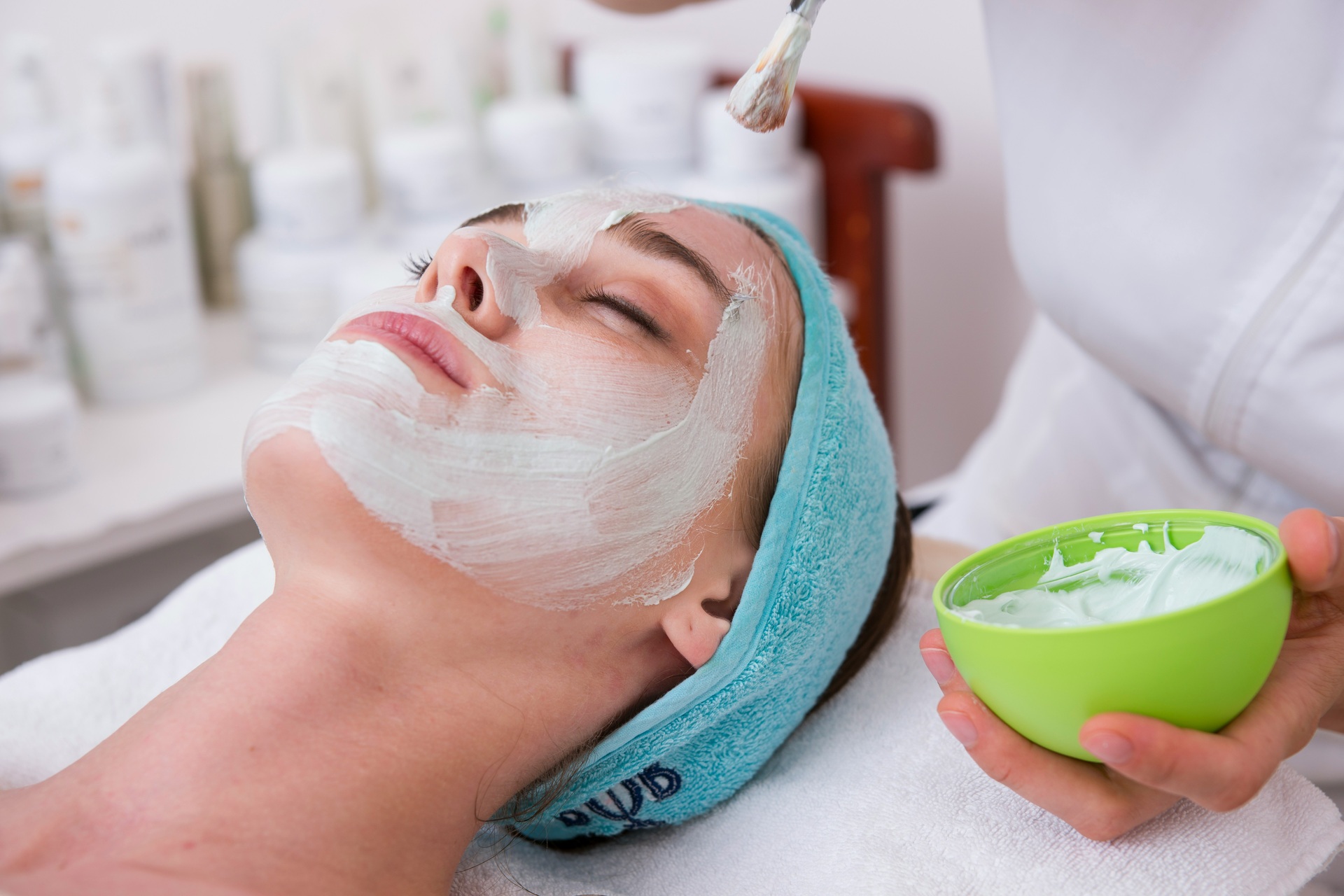
8% Leasing and Rental Services Tax
- For leasing/rental businesses exceeding RM500K in revenue:

- Exemptions: Residential rentals, Reading Materials, Overseas Assets, Financial Leases, B2B transactions, Micro, Small and Medium Enterprises (MSMEs), and 12 month grace period for existing contracts.
To ease their transition, authorities will NOT TAKE PUNITIVE ACTION until the end of 2025, provided companies demonstrate effort and intent to comply with the new rules.
The Finance Ministry and Royal Malaysian Customs Department will issue detailed guidelines, FAQs and sector-specific briefings in the upcoming weeks to support businesses and the public.
Why Should SST Revamp Be Taken Seriously?
The updated SST framework is part of the government’s broader MADANI reform strategy, aimed at improving fiscal stability while cushioning lower-income groups from direct impact. By targeting non-essential luxury goods and higher-income sectors, the government hopes to balance public revenue needs with fair taxation.
Whether you’re a parent with kids in private schools, a beauty shop owner, or someone simply purchasing imported fruits or fine art, it is crucial to take note of the changes and plan accordingly.
Sources: SAYS
Follow us on Instagram, Facebook or Telegram for more updates and breaking news.





